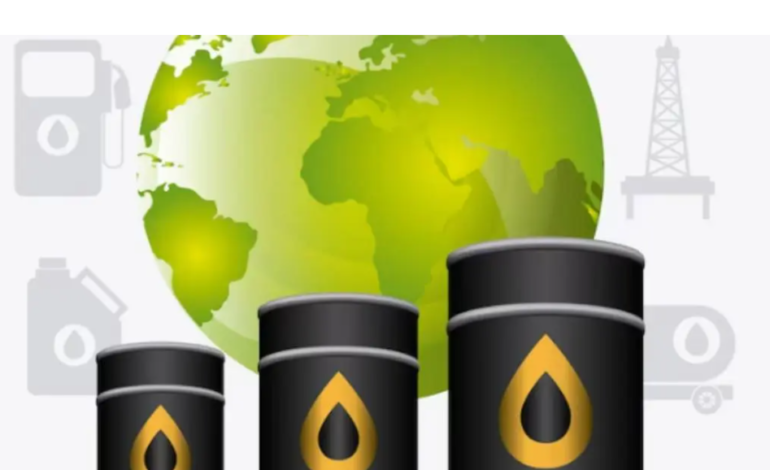
Experts Advocate for Lower Petrol and Diesel Consumption to Achieve Sustainable Transportation in India
As businesses increasingly integrate environmental, social, and governance (ESG) principles into their core operations, industry experts emphasized the need to make transportation in India more sustainable by reducing petroleum and diesel consumption.
Despite a surge in vehicle sales, India continues to experience record petrol and diesel usage, with electric vehicles still capturing only 6.85% of total vehicle registrations, according to the Petroleum Ministry.
Mustafa Wajid, Co-Founder of BillionE, spoke at the NDTV World Summit, highlighting the challenge posed by fossil fuels in electricity generation and transportation. “India consumes nearly 150 million metric tonnes of petrol and diesel for transport,” he noted. BillionE aims to tackle this issue by deploying “electric trucks” to promote decarbonized transportation. “Our goal is to achieve a billion kilometers of decarbonized transport,” he added.
Wajid pointed out that India’s transportation needs have tripled in the last three years, currently standing at 3 tonne-kilometers, and are growing faster than the GDP. This growth is attributed to increased urbanization, consumerism, and the rise of the e-commerce sector. “We want to find ways to make this transportation more sustainable,” he said.
He also praised India’s upcoming carbon trading scheme, expected to be implemented by 2026. “The government’s vision is to establish a carbon market similar to the stock market. While creating a stock market took time, digitization has progressed rapidly in the past two decades. We are optimistic about seeing this initiative take off in 2026,” Wajid stated. He believes that carbon credits will soon become a reality, creating a vibrant market for organizations that can adapt to this new landscape.
The discussion also addressed the challenges companies face in adopting ESG practices. Ajay Pillai, Partner at Deloitte in Sustainability and Climate Change, identified key obstacles such as the quality and availability of reliable data, awareness levels, and the commitment required from top management.
Gagandeep Sethi, Senior VP of Integrated Operations and Sustainability at Pernod Ricard India, highlighted the company’s comprehensive ESG program, dubbed “Good Times from a Good Place.” He explained that the initiative aligns with ESG principles and the UN Sustainable Development Goals (SDGs) by focusing on nurturing the environment, promoting circular practices in production, and valuing people.
Together, these insights underscore the pressing need for sustainable transportation solutions and effective ESG strategies in India.